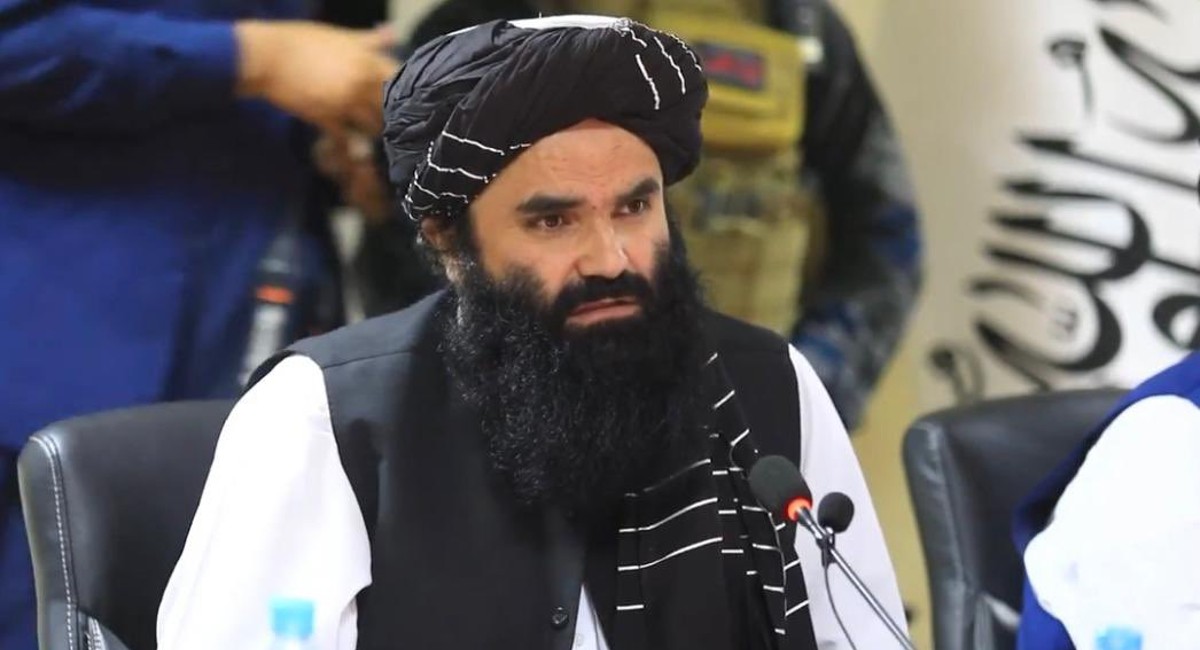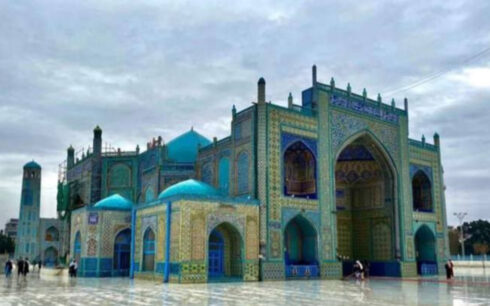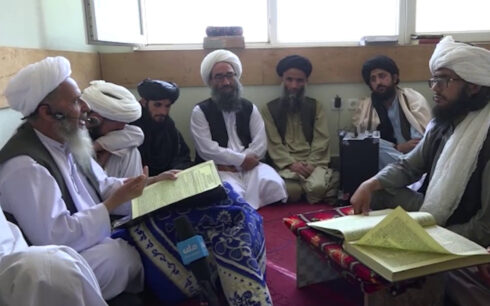Sirajuddin Haqqani, the Taliban’s interior minister, has urged religious scholars to ensure their approach does not drive people away from religion. In an audio message broadcast on Taliban-controlled national television, Haqqani emphasized the importance of fostering a balanced relationship between religious teachings and contemporary education.
“Religious leaders should not behave in a way that makes people dislike religion,” Haqqani said, adding that some individuals are deliberately tarnishing the reputation of Taliban-affiliated religious schools.
He underlined the necessity of integrating religious and modern education, stating, “Whether it is religion or worldly matters, the two are interconnected. Whether it is contemporary education or religious studies, it is essential to engage with both without suspicion.”
Haqqani also acknowledged criticism of Afghanistan’s current state, noting that some attribute the country’s challenges to religion and its scholars. “In religion, there are limits to both extremism and leniency,” he said, advocating for a balanced approach to governance and social issues.
Haqqani’s remarks come amid ongoing reports about divisions within the Taliban leadership. Some analysts interpret his comments as indicative of differing perspectives among senior Taliban figures.
Rahmatullah Nabil, the former head of Afghanistan’s National Directorate of Security, recently posted on X about Haqqani’s statements, suggesting parallels between Haqqani and Ahmed al-Sharaa, better known as Ahmed Joulani, a Syrian rebel leader who has sought to moderate his group’s image. Nabil implied that regional powers might aim to position Haqqani as a more politically acceptable face of the Taliban in the future.
Nabil also noted concerns among regional and international powers about Iran’s growing influence within the Taliban, particularly among the Kandahar-based leadership. He described Iran’s expanding role and the centralized decision-making in Kandahar as sources of frustration and alarm for some stakeholders.
Sirajuddin Haqqani, known for his hardline stance and influence within the Taliban, has frequently made statements that spark debate about the group’s direction. His latest remarks highlight the ongoing struggle to balance traditional religious values with the demands of modern governance in Afghanistan, a nation grappling with political isolation and economic hardship.





